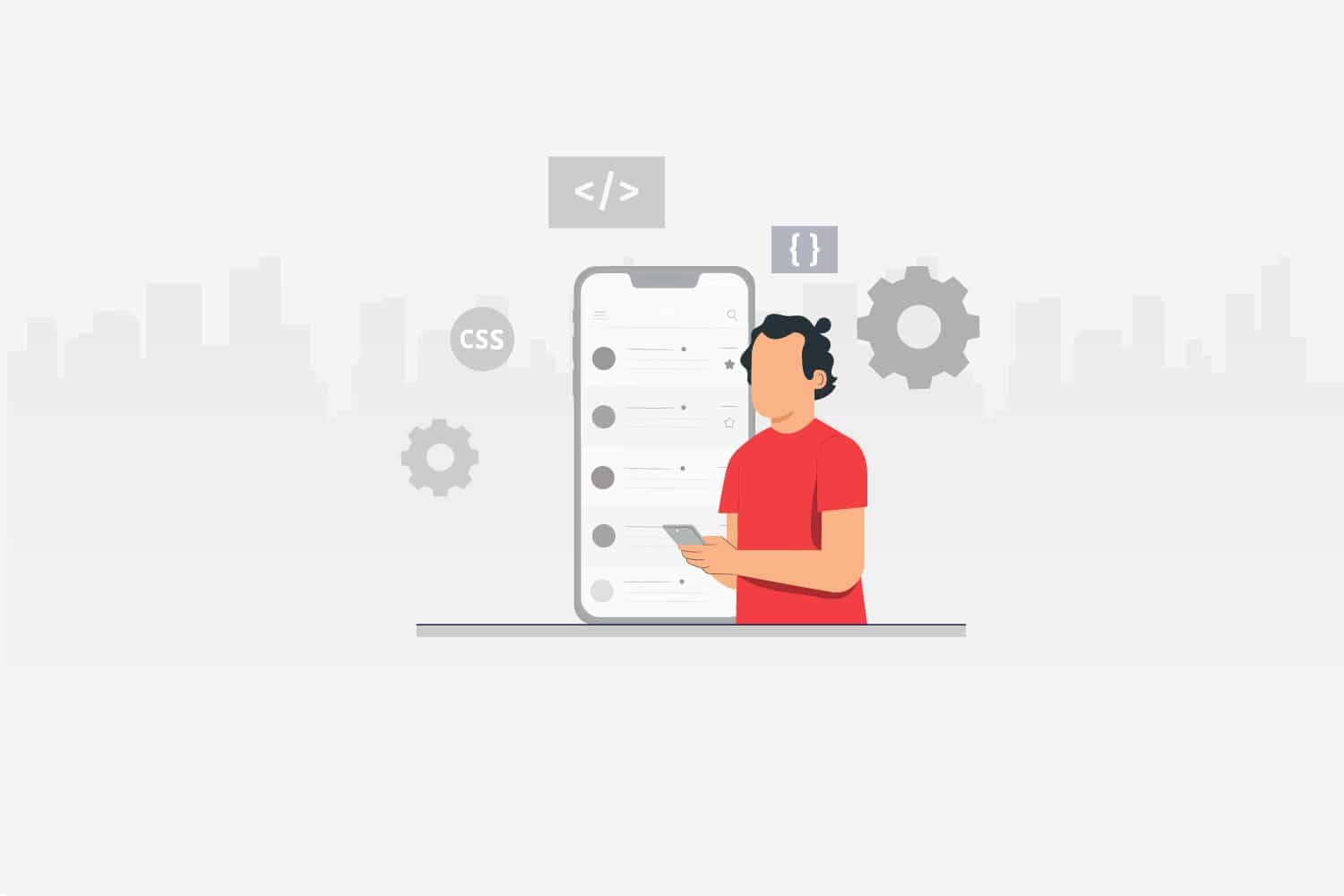Recruiters are constantly seeking innovative solutions to streamline their processes and identify top-notch candidates efficiently. In recent years, recruitment tools have emerged as indispensable assets for talent acquisition professionals, offering a wide array of benefits that directly contribute to the overall success of a business.
A research by Talent Board shows that organizations using advanced recruitment tools experience a 30% reduction in time-to-fill, contributing to a more agile and competitive workforce.
In this post, we will delve into the various ways in which recruitment tools play a pivotal role in shaping the success of organizations, providing recruiters with the tools they need to thrive in today’s dynamic job market.
Enhancing efficiency in candidate sourcing and screening
Recruitment tools significantly enhance the efficiency of the candidate sourcing and screening process. With advanced algorithms and artificial intelligence, these tools can sift through vast databases of resumes to identify candidates whose skills and experiences align with the requirements of a specific role. This not only saves recruiters valuable time but also ensures that they can focus their efforts on engaging with the most qualified candidates.
Automated resume parsing
One of the key features of modern recruitment tools is automated resume parsing. These tools can extract relevant information from resumes, such as work history, skills, and qualifications, and populate the applicant tracking system (ATS) with accurate data. This eliminates the need for manual data entry, reducing the risk of errors and allowing recruiters to devote more time to strategic tasks.
AI-driven candidate matching
Artificial intelligence (AI) has revolutionized candidate matching by analyzing job requirements and candidate profiles to identify the best fit. Recruitment tools leverage machine learning algorithms to assess not only the explicit skills mentioned in resumes but also the implicit qualities that make a candidate suitable for a particular role. This ensures that recruiters are presented with a pool of candidates who not only meet the basic qualifications but also align with the company culture and values.
Streamlining the interview process
Recruitment tools contribute to business success by streamlining the interview process, making it more efficient and objective. These tools leverage video interviewing platforms, assessment tools, and collaboration features to facilitate seamless communication between recruiters and candidates, ultimately leading to better hiring decisions.
Video interviewing platforms
Video interviewing platforms have gained popularity as a powerful recruitment tool, allowing recruiters to conduct initial interviews remotely. This not only saves time and resources but also broadens the talent pool by enabling recruiters to assess candidates from different geographical locations. The ability to record and review interviews enhances collaboration among hiring teams, ensuring that all stakeholders have a comprehensive understanding of each candidate.
Skill and personality assessments
Recruitment tools often include skill and personality assessment features, providing recruiters with valuable insights into a candidate’s capabilities and cultural fit. These assessments go beyond the traditional resume to provide a holistic view of a candidate’s potential contribution to the organization. By incorporating objective data into the decision-making process, recruiters can make more informed choices that align with the company’s goals and values.
Improving candidate experience
A positive candidate experience is crucial for attracting and retaining top talent. Recruitment tools contribute to business success by enhancing the overall candidate experience through user-friendly interfaces, personalized communication, and timely feedback.
Application Tracking System (ATS) integration
Recruitment tools seamlessly integrate with ATS, allowing recruiters to manage the entire recruitment process from a centralized platform. This integration ensures that candidates have a smooth and transparent experience, from submitting their applications to receiving updates on their status. Real-time communication and status tracking contribute to a positive candidate experience, reinforcing the employer brand and fostering a positive perception of the organization.
Personalized communication
Recruitment tools enable recruiters to personalize communication with candidates at every stage of the hiring process. Automated email campaigns, personalized messages, and timely notifications keep candidates informed and engaged. This level of communication not only enhances the candidate experience but also reflects positively on the organization’s commitment to professionalism and transparency.
Harnessing data for informed decision-making
Data-driven decision-making has become a cornerstone of successful businesses, and recruitment tools play a vital role in providing recruiters with actionable insights. These tools generate analytics and reports that enable recruiters and hiring managers to evaluate the effectiveness of their strategies, identify areas for improvement, and make data-driven decisions to optimize the hiring process.
Analytics and reporting features
Recruitment tools offer advanced analytics and reporting features that provide a comprehensive overview of key metrics such as time-to-fill, cost-per-hire, and candidate quality. By analyzing this data, recruiters can identify bottlenecks in the recruitment process, assess the performance of different sourcing channels, and make informed hiring decisions to improve overall efficiency.
Diversity and inclusion metrics
Many recruitment tools now include features that track diversity and inclusion metrics, allowing organizations to measure their progress in creating diverse and inclusive workplaces. By monitoring metrics related to candidate demographics, recruiters can identify areas for improvement in their sourcing and selection processes, ensuring that the organization is fostering a diverse and inclusive workforce.
Ensuring compliance with regulations
Navigating the complex landscape of recruitment regulations is a critical aspect of talent acquisition, and recruitment tools contribute to business success by helping recruiters stay compliant with various legal and ethical standards.
GDPR compliance
Recruitment tools often come equipped with features that support General Data Protection Regulation (GDPR) compliance. These features ensure that recruiters collect, store, and process candidate data in accordance with data protection regulations, mitigating the risk of legal issues and fines associated with non-compliance.
Equal Employment Opportunity (EEO) compliance
Recruitment tools assist recruiters in maintaining compliance with Equal Employment Opportunity (EEO) regulations by promoting fair and unbiased hiring practices. Features such as blind recruitment, which anonymizes candidate information during the initial stages of the hiring process, contribute to creating a level playing field for all candidates.
Reducing time-to-fill and cost-per-hire
Time is of the essence in talent acquisition, and recruitment tools play a pivotal role in reducing time-to-fill and cost-per-hire. These tools automate repetitive tasks, optimize workflows, and enhance collaboration, ensuring that vacancies are filled quickly with the right candidates at a reasonable cost.
Automated workflow and collaboration
Recruitment tools streamline the hiring process by automating routine tasks, such as resume screening and interview scheduling. Automated workflows ensure that each stage of the recruitment process is executed efficiently, minimizing delays and accelerating time-to-fill. Additionally, collaboration features enable real-time communication among hiring teams, reducing the time spent on coordination and decision-making.
Cost-effective sourcing
Recruitment tools provide cost-effective sourcing solutions by optimizing the use of various channels, including job boards, social media platforms, and professional networks. By analyzing the performance of different sourcing channels, recruiters can allocate resources strategically, focusing on the channels that yield the best results and minimizing unnecessary expenses.
Conclusion
Recruitment tools have become indispensable assets for recruiters seeking to navigate the challenges of talent acquisition in a competitive business landscape. From enhancing efficiency in candidate sourcing and screening to streamlining the interview process, improving candidate experience, and harnessing data for informed decision-making, these tools play a multifaceted role in contributing to the success of organizations.
As recruiters continue to face evolving demands and competition for top talent, embracing and leveraging recruitment tools is not just a strategic choice but a necessity for staying ahead in the recruitment game. By adopting these tools, recruiters can not only meet the immediate hiring needs of their organizations but also contribute to building a strong employer brand and a diverse, inclusive, and high-performing workforce – key ingredients for sustained business success in the modern era.
Ready to elevate your recruitment game? Empower your hiring process with Testlify, the leading skills assessment platform. Streamline candidate evaluations and make data-driven decisions. Take the next step toward successful talent acquisition – sign up for free.








